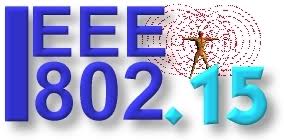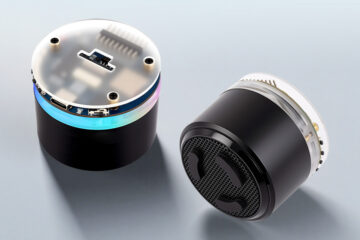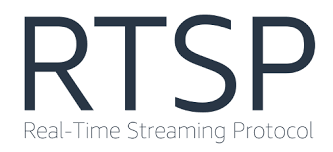IEEE 802.15.4: Audio and Other Uses
IEEE 802.15.4 is a technical standard defining the Physical and Media Access Control layers for Low-Rate Wireless Personal Area Networks. It enables low-power, low-data-rate wireless connectivity for IoT, smart home, and industrial sensors, allowing devices to operate on batteries for years. Here in Europe it uses the Primary Sub-GHz Band: 868.0–868.6 MHz. It is used e.g. by the smart home protocols Thread/Matter and Zigbee. These smart home protocols are suited to control audio, but they are Read more





